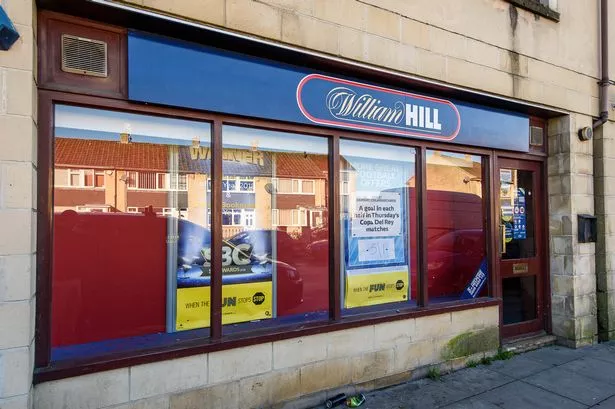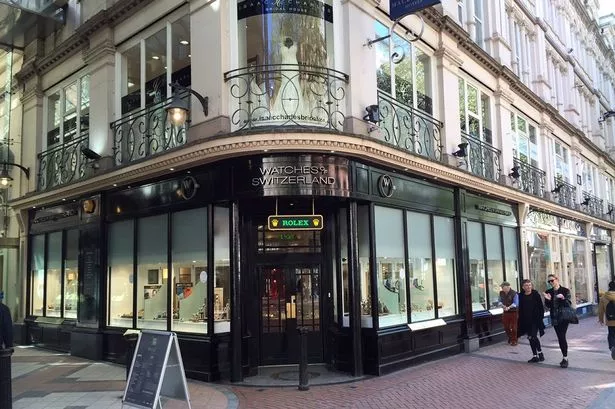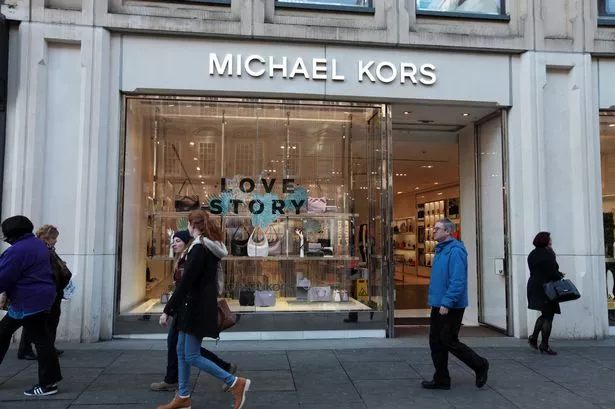
Sunderland independent travel agency Hays Travel is celebrating a milestone £3bn in Total Transaction Value (TTV) for the first time in its history, leading to it sharing the success with its staff.
The holiday firm achieved the landmark figure, which represents the total gross value of all sales or transactions for travel services or products, a month ahead of the end of its financial year on April 30. This has triggered bonus payments for the workforce.
The TTV is the sum of all revenue generated from travel-related bookings, including airline tickets, hotel reservations, car rentals, and other travel-related services. The new figure is £500m higher than the one reported by the Sunderland business in its last accounts.
In recognition of their contribution to Hays Travel's success and their loyalty to the company, Dame Irene Hays announced in a video message that each employee will receive £100 for every year they have worked at Hays Travel. This means some long-serving staff members who have been with the firm for decades stand to receive more than £3,000.
Earlier this year, Dame Irene dismissed reports of an economic downturn in the UK after witnessing a significant increase in business at the end of 2024 and the beginning of 2025. She noted that people are now willing to spend more on their holidays than in previous years, reports Chronicle Live.
Dame Irene Hays, the owner and chair of Hays Travel, has expressed her pride in the company's adherence to its core principles over its 45-year history, attributing its success to the dedication of its staff. "Since Hays Travel began trading 45 years ago, we have always remained true to our vision and values, and our strategic priorities: our people, our customers, and the communities where we operate. As I have said many times, our success is down to our people, which is why achieving this £3bn milestone is an opportunity to demonstrate just how much their excellent work and unwavering loyalty are appreciated."
Lenore Mason, who oversees recruitment and people services at Hays Travel, shared her personal journey with the company, highlighting the firm's commitment to its workforce and values. "This is my 37th year with Hays Travel - I feel so fortunate to work alongside brilliant people, for a company that values me and has continued to grow in the region where I grew up. Although Hays Travel has seen many changes over the years it has always been totally committed to its values and people. Today's news is exciting for everyone and just shows how much we are appreciated!"
The travel agency, which recently inaugurated a new branch in Dalton Park, County Durham, has experienced substantial growth over the past six years, marked by significant increases in Total Transaction Value (TTV) and turnover, partly due to a series of strategic acquisitions. For the year ending on 30 April 2024, Hays Travel reported a TTV of £2.55 billion, representing a 17% rise from the previous year, with a group pre-tax profit standing at £73.4 million.
The company's growth trajectory saw it reach £500 million in TTV in 2012, £1 billion in 2018, and £2 billion in 2024.
In a remarkable growth story, Hays Travel experienced unprecedented expansion in October 2019 when it took over the operation of all 555 branches of the defunct Thomas Cook holiday firm.
The company continued its acquisition spree by taking over the Explorer Franchise in 2021, followed by Just Go's 45 North West branches, and Travel House's 16 outlets in South Wales in 2023. In addition, it acquired three Holiday With Us branches in Lincolnshire, and 19 Miles Morgan Travel shops across the South West and South Wales in 2024.
As a result, Hays Travel is now the UK's largest independent travel agent, boasting nearly 500 branches nationwide and employing around 4,500 staff.
The family-run business prides itself on its commitment to nurturing talent, with more than 700 apprentices and graduates being trained this year alone. Each branch is also given £500 annually to invest in local initiatives.









